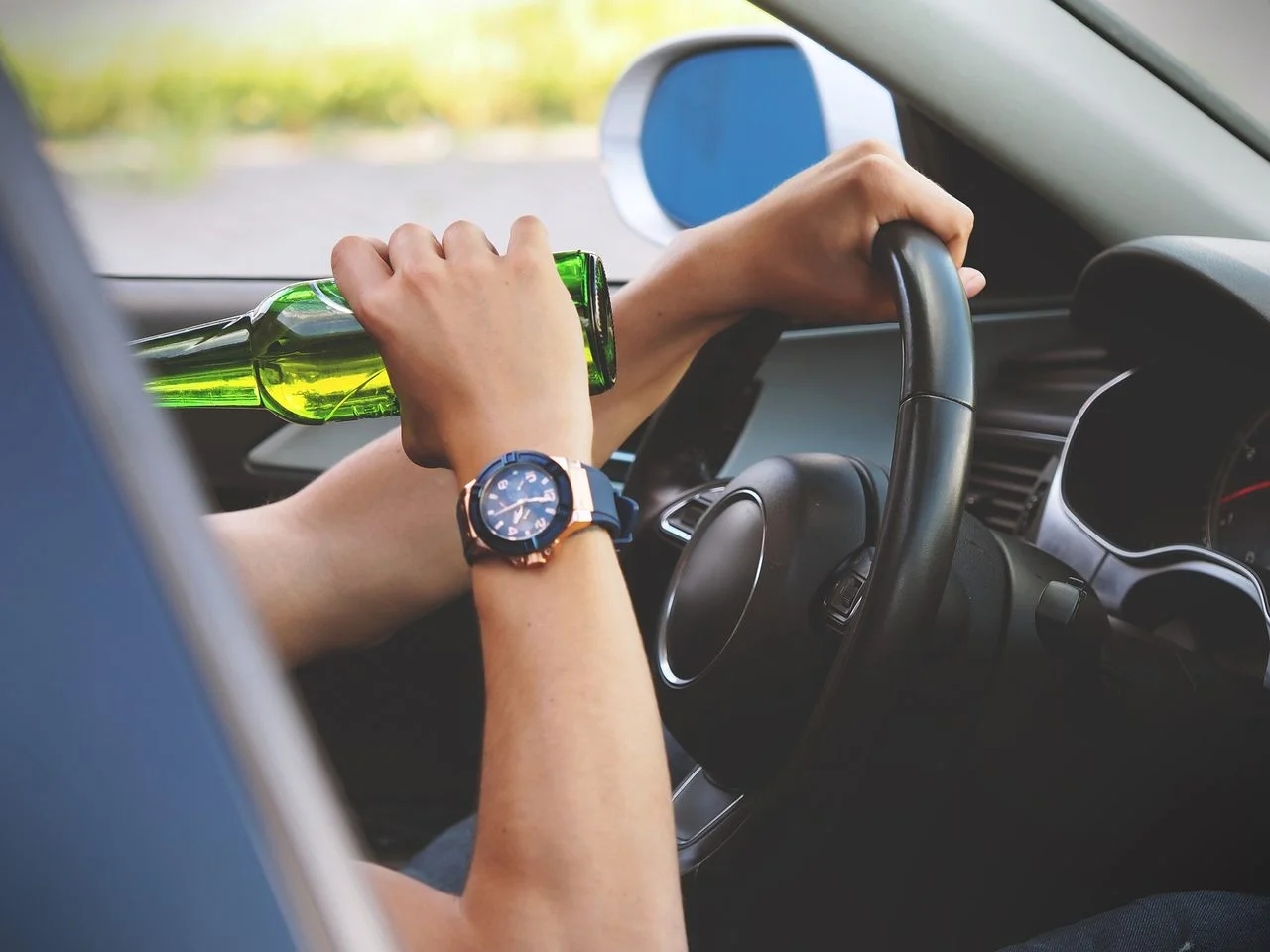The Role of Law Enforcement in Combating Drunk Driving in South Carolina

South Carolina places a significant emphasis on tackling the serious issue of drunk driving, recognizing the potential harm it poses to public safety. This blog post aims to provide informative insights into the crucial role law enforcement plays in combatting drunk driving in the state. Understanding the proactive measures taken by law enforcement agencies sheds light on the ongoing efforts to create safer roadways for all.
Sobriety Checkpoints
Law enforcement agencies in South Carolina frequently utilize sobriety checkpoints as a proactive measure to identify and apprehend drivers under the influence of alcohol. These checkpoints are strategically placed, often during high-risk periods, to detect and deter impaired driving. Motorists passing through these checkpoints may be subject to a brief screening to assess their sobriety.
Increased Patrols and Visibility
To address the issue of drunk driving, law enforcement agencies implement increased patrols and visibility, particularly during peak hours and holiday seasons. This visible presence serves as a deterrent and increases the likelihood of identifying and stopping impaired drivers before accidents occur.
Strict Enforcement of DUI Laws
South Carolina has stringent laws regarding Driving Under the Influence (DUI), and law enforcement agencies play a crucial role in enforcing these laws rigorously. Officers are trained to identify signs of impairment during traffic stops and are authorized to conduct field sobriety tests to determine a driver’s level of intoxication.
Utilization of Technology
Advancements in technology have equipped law enforcement with tools to enhance their ability to combat drunk driving. Breathalyzer tests, for instance, provide an objective measure of a driver’s blood alcohol concentration (BAC) at the scene, aiding in the legal process. Additionally, law enforcement agencies may employ other technologies such as in-car cameras to document evidence for use in court.
Collaboration with Community Organizations
Law enforcement agencies actively collaborate with community organizations to raise awareness about the dangers of drunk driving. Educational programs, outreach initiatives, and partnerships with advocacy groups contribute to a comprehensive approach in addressing the root causes of impaired driving.
Rigorous Investigation and Prosecution
When a drunk driving incident occurs, law enforcement agencies conduct thorough investigations to gather evidence. This evidence is then used in the prosecution of offenders. The goal is not only to penalize those responsible for drunk driving but also to deter others from engaging in similar behavior.
Conclusion
The role of law enforcement in combating drunk driving in South Carolina is multifaceted and proactive. Through sobriety checkpoints, increased patrols, strict enforcement of DUI laws, technological advancements, community collaboration, and rigorous investigation and prosecution, law enforcement agencies and legal professionals work diligently to create safer roadways. Understanding these efforts highlights the collective commitment to reducing the incidence of drunk driving and safeguarding the well-being of the public.
